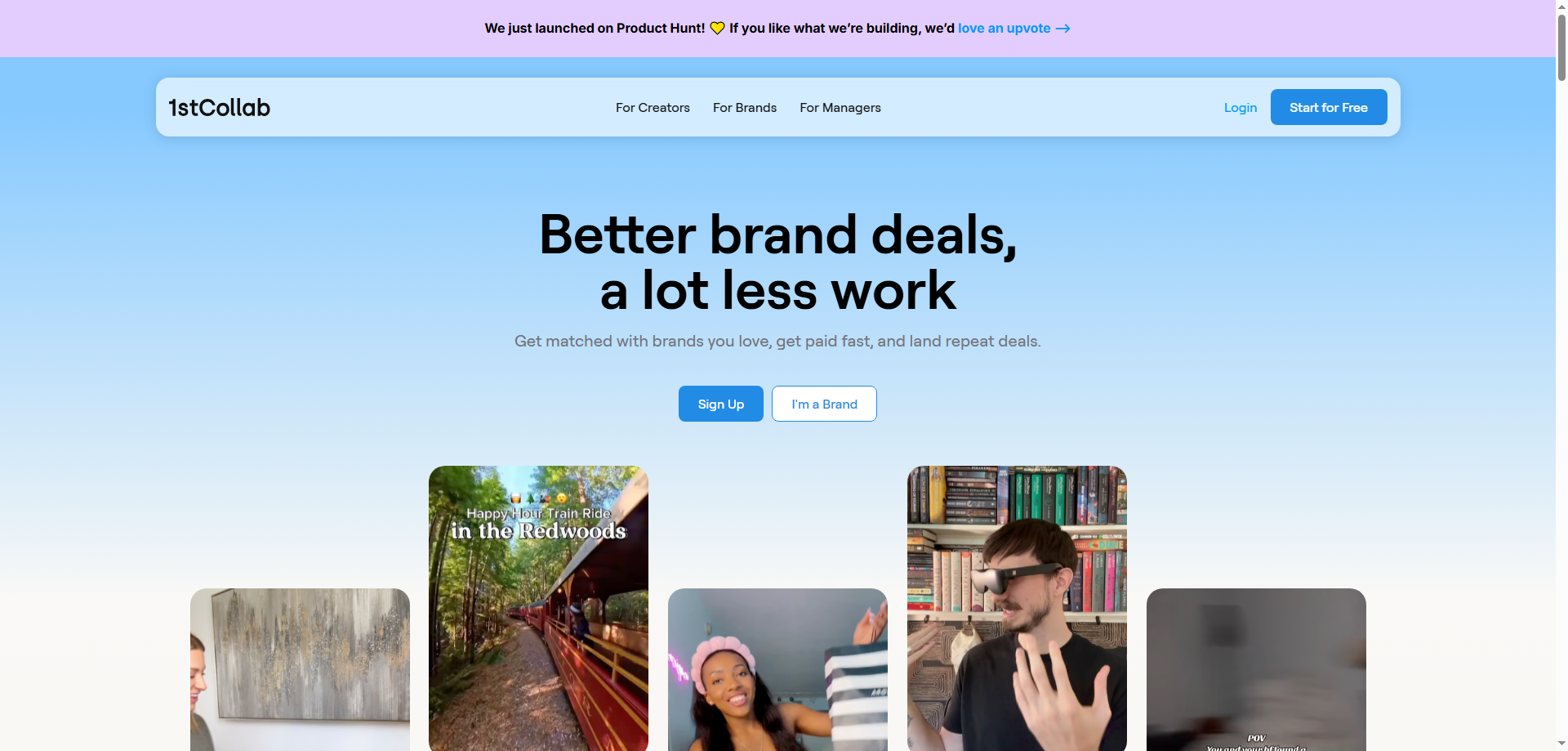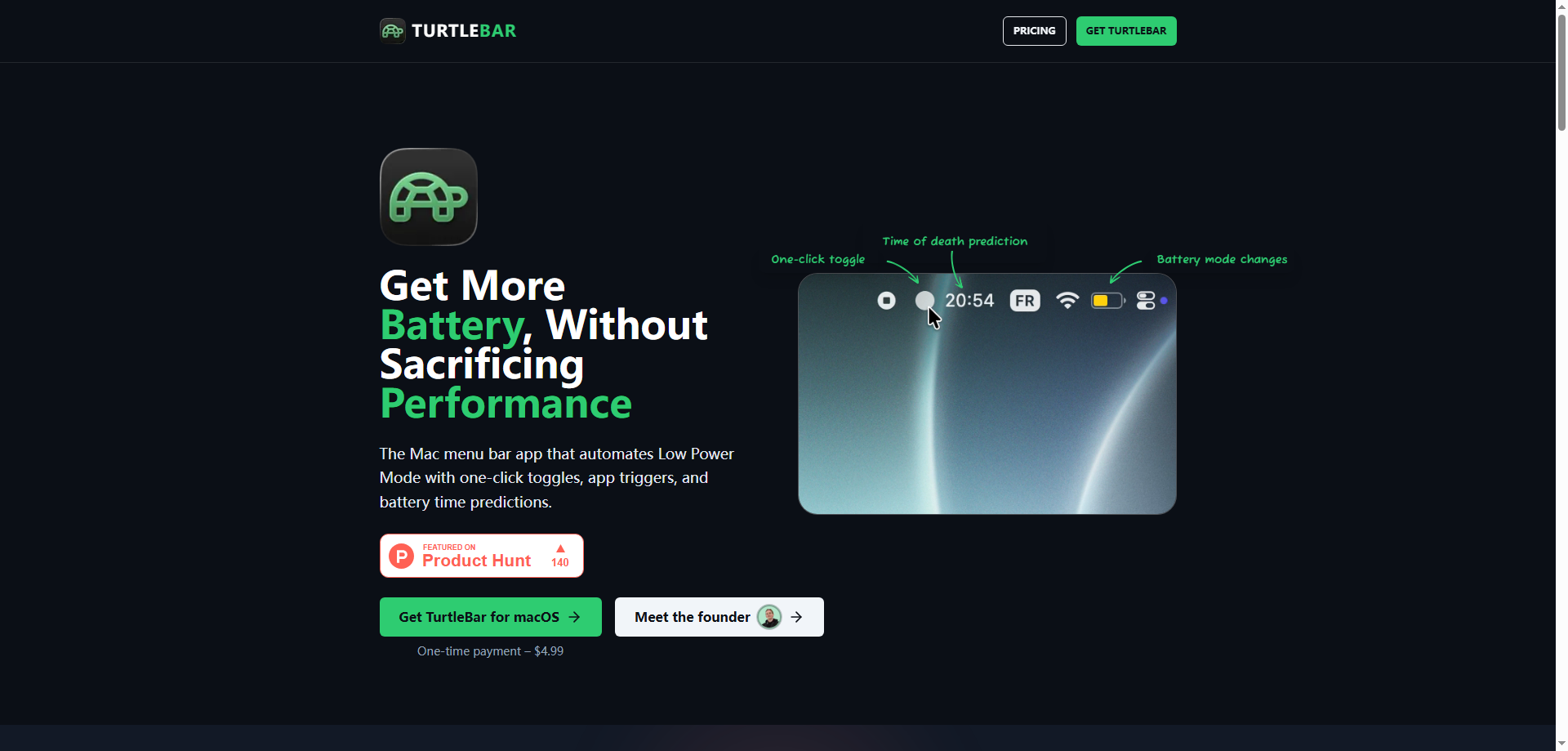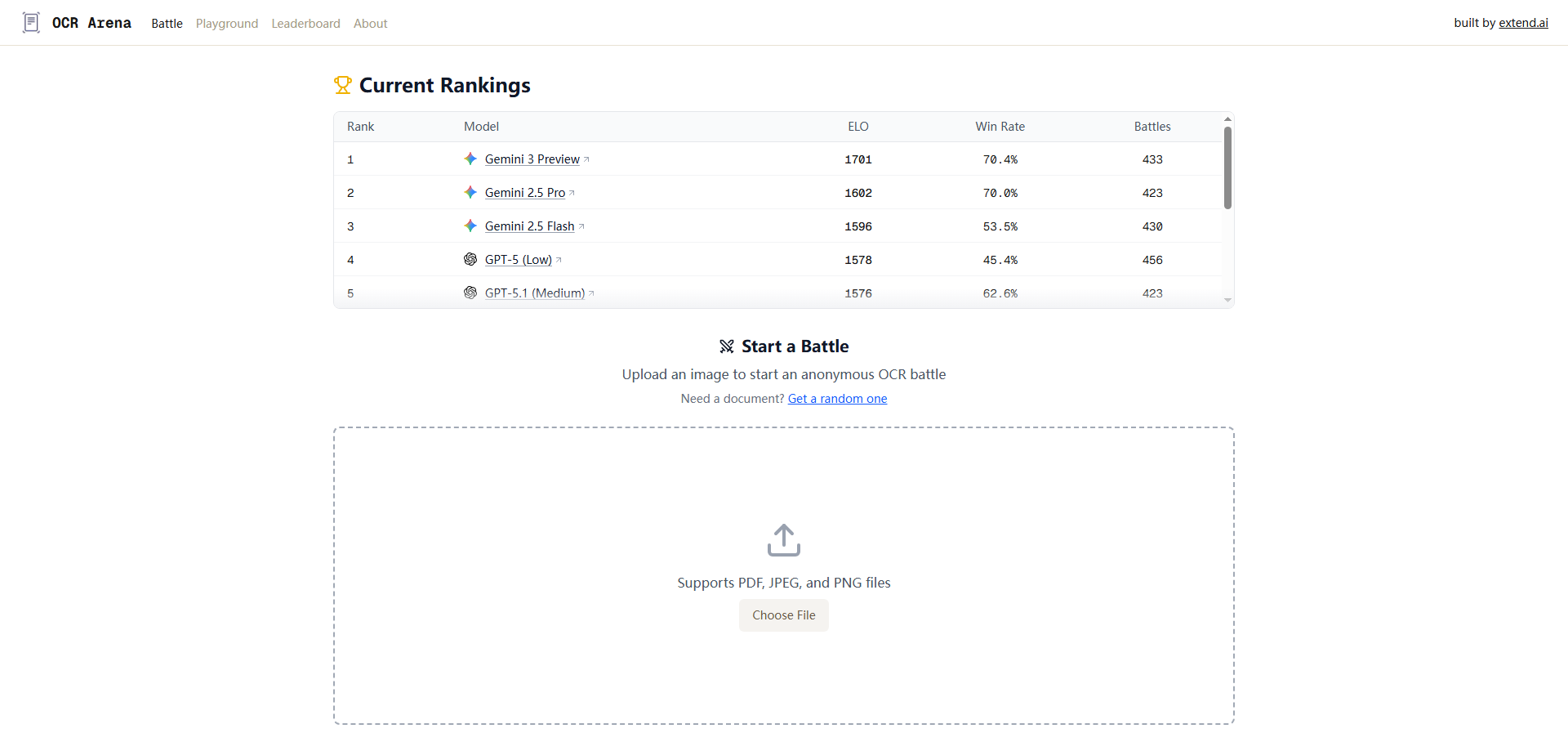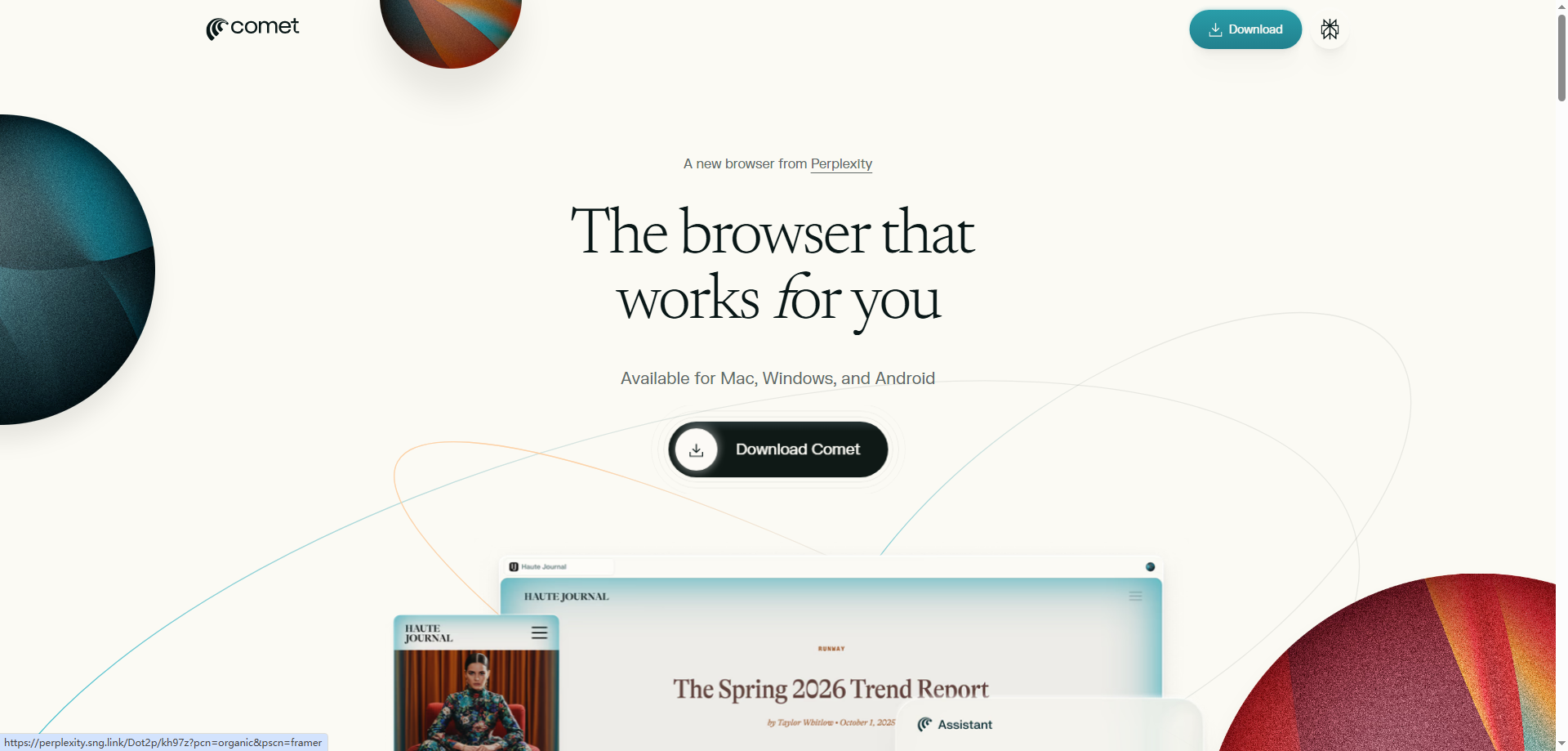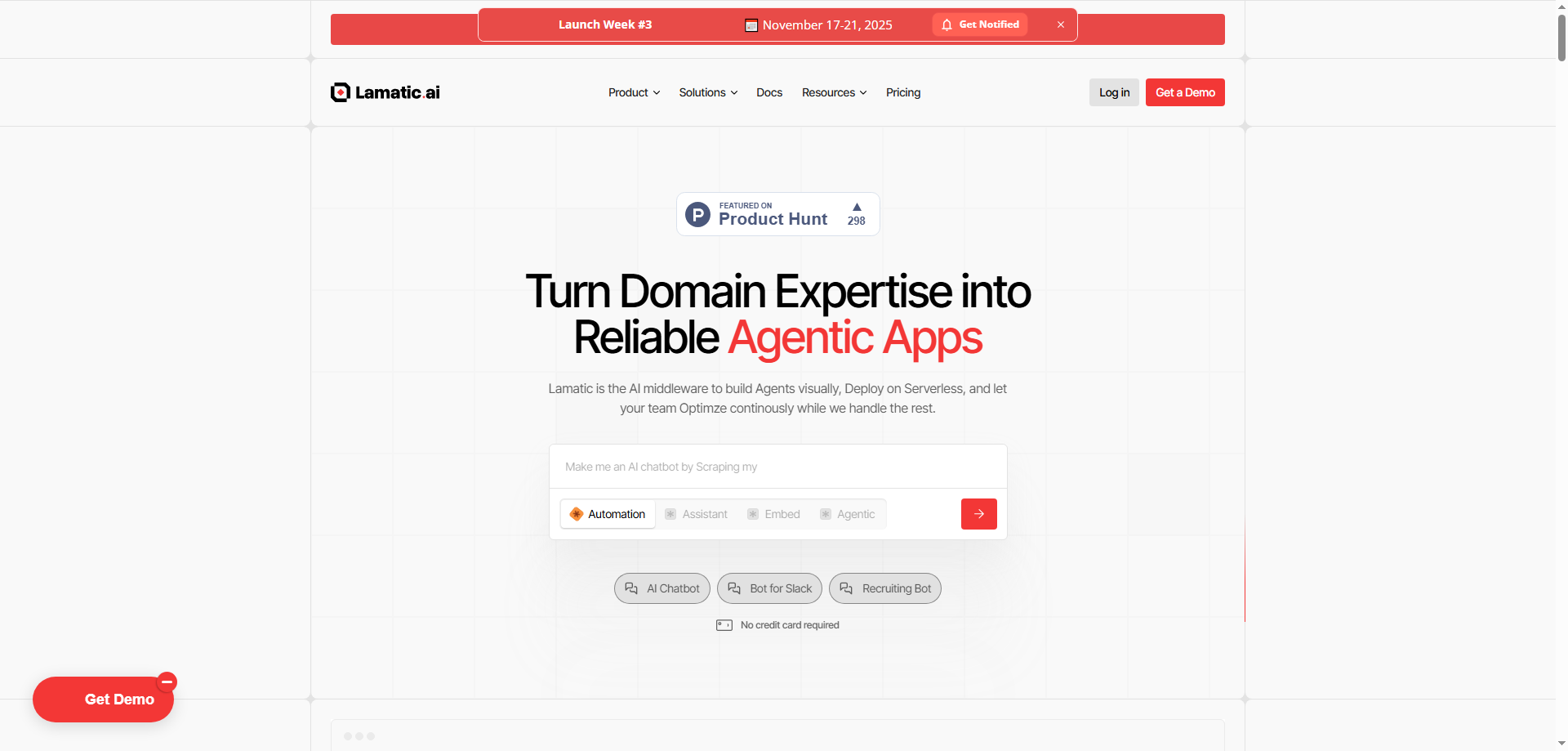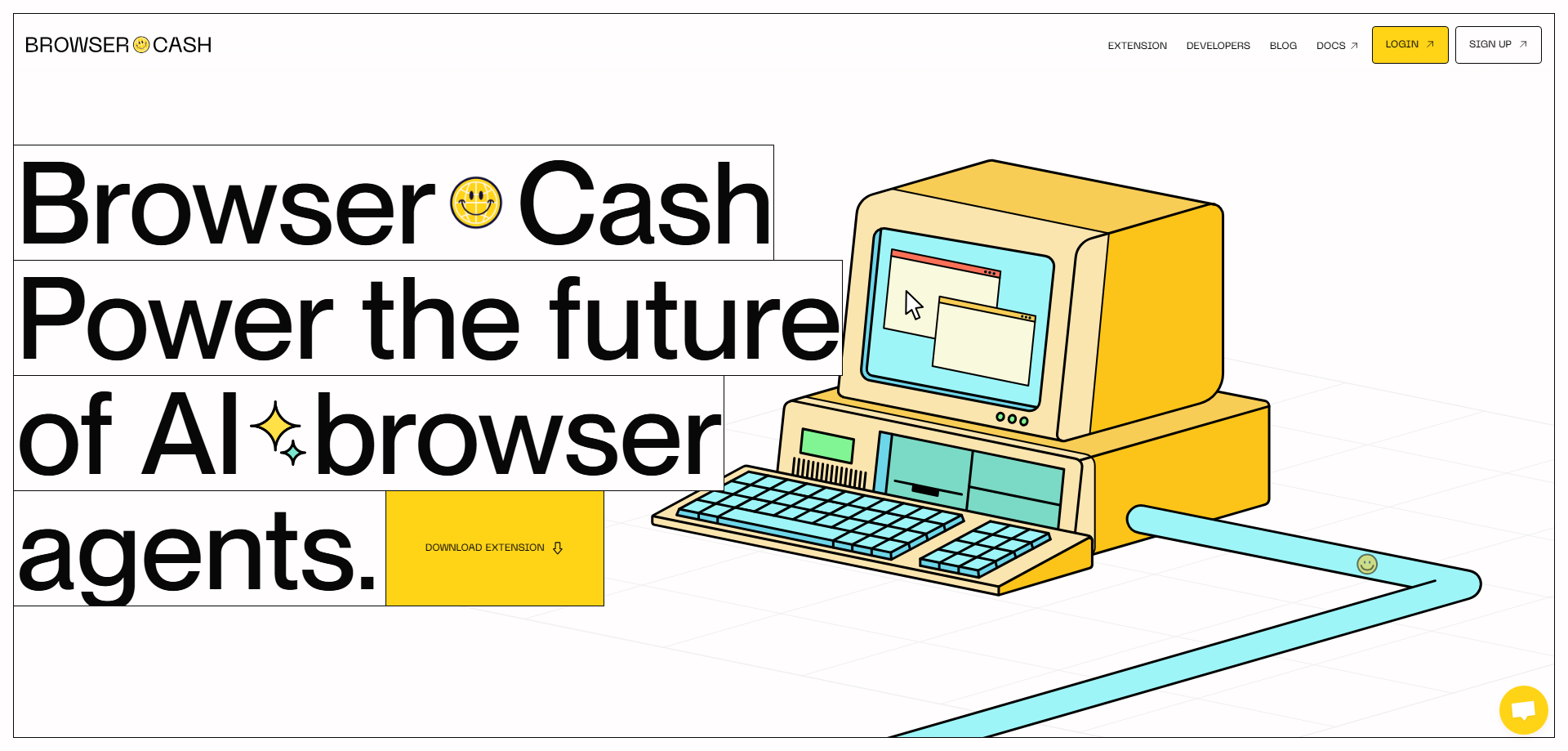1. Creative Innovation: Reimagining Influencer Marketing from the Ground Up
When I first encountered 1stCollab, I was struck by its audacious approach to solving what I've always considered one of marketing's most labor-intensive challenges. The platform doesn't just digitize influencer marketing—it fundamentally reconceptualizes it as an automated, intelligence-driven operation.
What fascinates me most is how 1stCollab treats the entire influencer collaboration lifecycle as a system that can be optimized algorithmically. Instead of viewing creator partnerships as artisanal, one-off relationships requiring manual nurturing, the platform recognizes patterns: outreach that converts, negotiation parameters that close deals, contract terms that protect both parties, and payment workflows that scale. This systems-thinking approach is genuinely creative—it transforms influencer marketing from a craft into a science.
I'm particularly impressed by the ROI optimization engine. Rather than leaving campaign performance to chance or gut instinct, 1stCollab appears to use data-driven allocation strategies. This means I could theoretically test small campaigns with multiple creators, identify high-performers, and automatically scale spending toward what actually drives results. That's not just automation—that's intelligent marketing orchestration that adapts in real-time.
The ability to access thousands of creators instantly also unlocks creative possibilities I hadn't considered before. Instead of being limited to the 10-20 influencers I could manually manage, I could now execute portfolio strategies—mixing macro-influencers for reach with micro-influencers for engagement, testing different audience segments simultaneously, or running coordinated campaigns across multiple niches. This scale fundamentally changes what's creatively possible.
2. Disruptive Potential: Could 1stCollab Replace My Current Tools?
I've worked with several influencer marketing solutions—from manual prospecting tools like Upfluence and AspireIQ to marketplace platforms like Grin and Creator.co. 1stCollab's promise of full automation makes me wonder if it could consolidate my entire tech stack.
What I could potentially replace:
- Manual outreach tools: If 1stCollab truly automates personalized outreach at scale, I wouldn't need separate email automation or CRM systems for creator communications
- Influencer databases: Why pay for discovery platforms if 1stCollab offers instant access to thousands of vetted creators?
- Contract management systems: Automated contracting could eliminate DocuSign workflows and legal review bottlenecks
- Payment processors: Built-in payment and tax handling could replace separate invoicing and 1099 management
- Campaign analytics dashboards: If ROI optimization is real, I might not need separate attribution tracking
However, I have reservations:
From my experience, "full automation" often means "automation with guardrails." I wonder how much control I'd sacrifice. Can I still inject brand voice into outreach? Override algorithmic creator selections when I have strategic reasons? Customize contract terms for special partnerships?
I'm also skeptical about whether one platform can truly excel at everything. Specialized tools often outperform generalists in their specific domains. Will 1stCollab's discovery algorithm match dedicated platforms that analyze audience demographics, engagement authenticity, and brand safety? Will its negotiation automation actually get me better rates than experienced human negotiators?
The biggest question: Can it replace agency relationships? For strategic campaigns requiring creative direction, content approval, and brand storytelling, I suspect I'd still need human expertise. 1stCollab might handle execution brilliantly, but strategy remains a human domain.
3. User Acceptance: Would I Actually Adopt This?
I've been evaluating 1stCollab through the lens of my own pain points, and I can see both strong appeal and legitimate hesitations.
Why I'm excited:
- Time savings: I've personally spent countless hours screening creators, drafting outreach emails, and chasing contract signatures. If 1stCollab eliminates even 70% of that administrative burden, the value is immediate
- Scalability: I've had to reject promising campaign ideas simply because I couldn't manually manage that many partnerships. This removes that constraint
- Financial efficiency: The ROI optimization promise directly addresses my biggest frustration—wasting budget on influencers who look good on paper but don't convert
- Risk mitigation: Automated tax handling and standardized contracts would save me from compliance nightmares I've dealt with before
Why I'm cautious:
- Trust in automation: Can an algorithm really negotiate as effectively as I can? What if the automated outreach sounds generic and gets ignored? I need to see proof before I hand over control
- Pricing transparency: The description doesn't mention costs. If 1stCollab takes a significant platform fee or commission, the ROI optimization could be offset by the tool's own expense
- Creator quality: Access to "thousands of creators" means nothing if they're low-quality or fake followers. I need confidence in the vetting process
- Learning curve: "Fully automated" platforms often require extensive setup—connecting data sources, configuring preferences, training the system. Will the initial time investment pay off?
- Brand safety: What safeguards exist to prevent my brand from being associated with controversial creators?
My adoption threshold: I'd likely start with a pilot campaign—perhaps a mid-sized product launch where I could compare 1stCollab's automated approach against my traditional methods. If it delivers comparable or better results with significantly less effort, I'd expand usage. But I'd want proof of concept before committing major brand campaigns to full automation.
4. Survival Rating: ★★★½☆ (3.5/5 Stars)
My assessment: I think 1stCollab has decent survival odds, but I see significant execution challenges ahead.
Opportunities I'm Excited About:
- Market timing: The influencer marketing industry is exploding (projected $24B+ by 2025), and I see brands desperate for scalable solutions
- Automation trend: After seeing AI transform content creation and ad buying, automated influencer management feels like the logical next frontier
- Pain point alignment: Every marketer I know complains about influencer campaign logistics—there's real demand for this solution
- Network effects: If 1stCollab builds a large creator network, that becomes a moat against competitors
- Economic pressure: In uncertain times, brands scrutinize ROI more intensely, making optimization platforms more attractive
Risks That Concern Me:
- Competitive landscape: Established players like Grin, CreatorIQ, and Aspire aren't standing still. They could add similar automation features with their existing user bases and creator networks
- Creator resistance: Influencers might dislike automated, impersonal outreach. If top creators refuse to work through the platform, its value diminishes
- Quality control: Fully automating negotiations and contracts could lead to poor partnerships, brand misalignment, or legal issues that damage 1stCollab's reputation
- Regulatory complexity: Influencer marketing faces increasing FTC scrutiny. Can the platform truly handle compliance across different jurisdictions?
- Pricing pressure: To compete, 1stCollab might need to offer aggressive pricing that hurts profitability and limits their ability to invest in product development
- Over-automation backlash: If campaigns feel too robotic and generic, they might underperform, causing clients to churn
What would increase my confidence:
- Case studies: I want to see real brands achieving documented ROI improvements with specific numbers
- Creator testimonials: Are influencers actually happy with the platform, or do they feel commoditized?
- Transparent pricing: Show me the total cost of ownership compared to alternatives
- White-glove onboarding: Prove the platform isn't just dumping automation on users without strategic guidance
My verdict: I'm giving 1stCollab 3.5 stars because while the vision is compelling and the market need is real, execution risk is high. Building automation that genuinely works across diverse brands, creator types, and campaign objectives is extraordinarily difficult. I've seen too many "revolutionary" marketing platforms overpromise and underdeliver.
For 1stCollab to survive the next 12 months, I believe they need to focus obsessively on a narrower use case first—perhaps e-commerce brands running product seeding campaigns, or DTC companies doing performance marketing with micro-influencers—and prove undeniable ROI there before expanding. Trying to be everything to everyone from day one typically ends badly.
I'm cautiously optimistic but waiting to be proven wrong about my skepticism. If they can show me the data, I'll happily become a convert.
